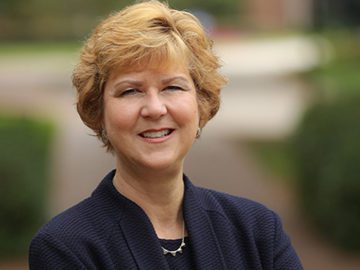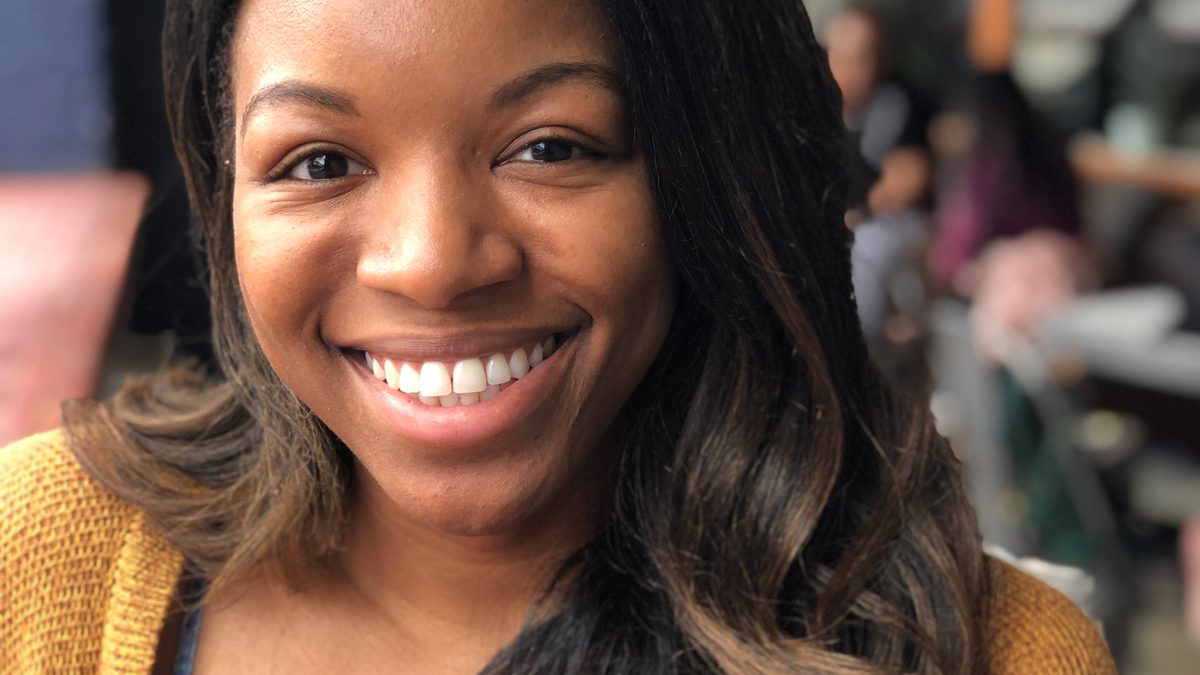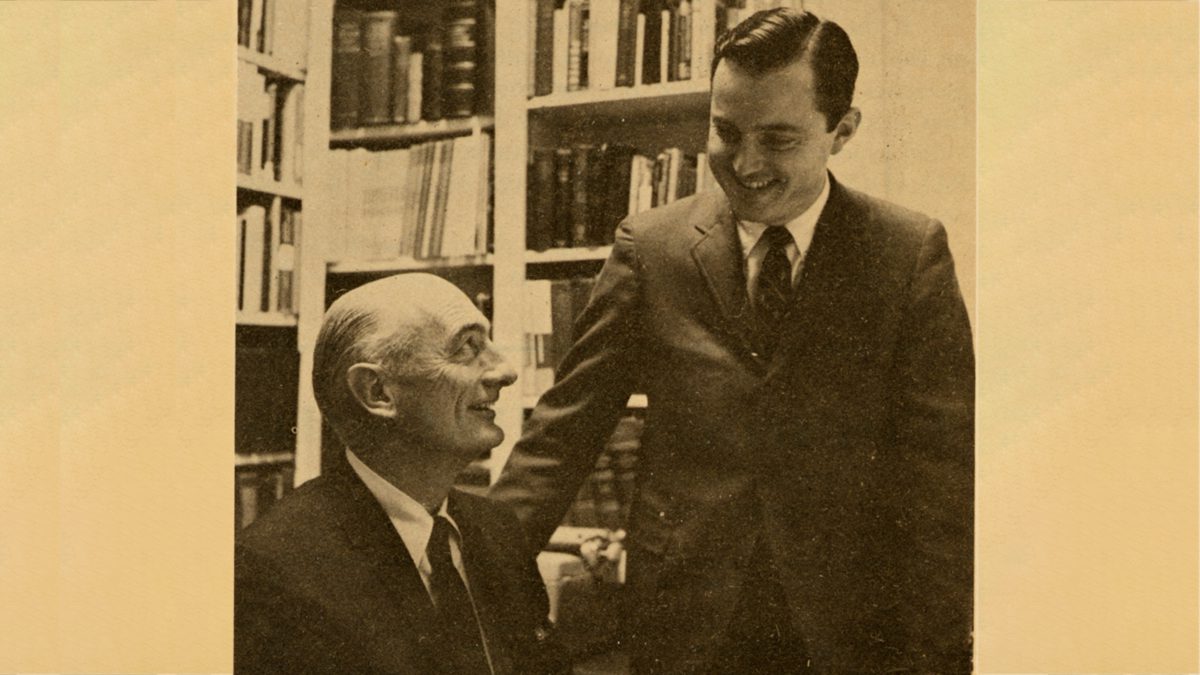
Around The Lake
TRIPtych
This past fall, a group of students visited the Civil Rights Trail in Alabama, stopping at historical sites in Birmingham, Montgomery and Selma. The trip was sponsored by Furman’s Cothran Center for Vocational Reflection.
By Eboni Johnson ’22

From left: Price St. Clair ’22, Shakira Olivera-Bautista ’25, Michael Leiby ’25 and Asha Marie Larson-Baldwin ’22 visit the Civil Rights Memorial in Montgomery, Alabama.
As I write this now, I am finding it is difficult to put this experience into words. We knew it would be a difficult day, but we were not prepared for just how heavy this trip would weigh.
That day, I looked up at the hundreds of columns hanging above me at the Legacy Museum, each one etched with the name of a Black father, mother, son, daughter who was lynched. I knew lynching was real, but the history books never accurately depicted the horror these individuals encountered. I know this now because I was on that trip.
I believe I speak for all who attended when I say that we experience feeling hopeful but defeated, eager but nervous, and empowered yet disheartened. I know now what I must do, but I also know the tribulations that await me want to boast in my failure.
As I trudged through the Legacy Museum, my head hung lower than the columns, but Toni Morrison said to love your neck, for “they do not love your neck unnoosed and straight.”
I encourage everyone to visit Montgomery, Selma and Birmingham, themselves. Go to the museums and experience a small percentage of this nation’s history of murdering hope, enslaving dreams and disturbing peace.
At the end of each day, students were encouraged to reflect on our experiences. So I ask you: How will you use your voice? What kind of extremist will you be? And how will you use your vocation to achieve justice?
Give them something to think about, it goes a long way.”


